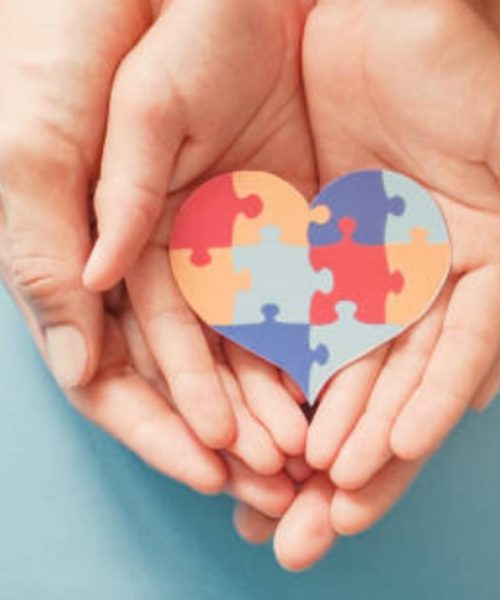By Kiersten Willis, The Atlanta Journal-Constitution
Troy Warren for CNT
A non-judgemental approach can play an important role in boosting heart health in people with obesity.
The European Society of Cardiology concluded people who have obesity improved their heart and mental health in 10 weeks. They attended a non-judgemental, personalized lifestyle modification program during this period.
Participants lost weight and saw improvements in anxiety, depression and blood pressure.
Researchers presented the findings at EuroHeartCare – ACNAP Congress 2021.
“We focus on changing behaviors and improving people’s relationship with food,” study author Aisling Harris, cardiac and weight management dietitian, Croi Heart and Stroke Centre, Galway, Ireland, said in a press release. “Many participants have tried diets with strict rules and have fears about foods they can’t eat. Our program has no diet or meal plan, and no foods are excluded. Each person sets their own goals, which are reviewed weekly, and our approach is non-judgemental, which builds rapport and gains trust.”
The study evaluated how a community-based, lifestyle modification program can impact physical and mental health of people living with obesity. Participants were referred from a specialist bariatric service at Galway University Hospital. Data from 1,122 participants between 2013 and 2019 were evaluated.
Participants joined the Croí CLANN (Changing Lifestyle with Activity and Nutrition) program. They had assessments from a nurse, dietitian and physiotherapist. They attended weekly 2.5-hour sessions for 8 weeks. They involved one-on-one goal setting, a physiotherapist-led exercise class and a health promotion discussion. Participants used activity trackers and recorded emotional eating triggers in food diaries.
“Obesity develops for multiple reasons and blaming someone for their weight can stop them from getting healthcare and advice,” Harris said. “It can lead to emotional eating and feeling too self-conscious to exercise. By identifying each person’s triggers, we can develop alternative coping strategies, all within the context of their job, caring responsibilities, external stresses, and so on. For some people, coming to a group like this might be the only social contact that they’ve had in the week or that they’ve had in years. People share experiences and support their peers.”
Weight decreased an average of 4.4 pounds and 27.2% of participants lost over 3% of their weight. The group that achieved the recommended physical activity level increased by 31%. LDL, or “bad,” cholesterol and blood pressure noticeably dropped. The group with high blood pressure fell to 31.1% at 10 weeks. Type 2 diabetes participants saw a 57.4% increase in the proportion of those achieving the recommended blood sugar target.
The proportion of people with moderate to severe anxiety dropped to 19.9% and depression rates fell to 9.5%.
“Nearly eight in ten people finished the program which suggests that the content and format were acceptable. We observed improvements across all psychosocial and health outcomes during a relatively short period indicating that this could be a model of service delivery for other centers,” Harris concluded.
In Other NEWS



































